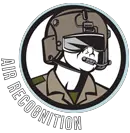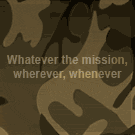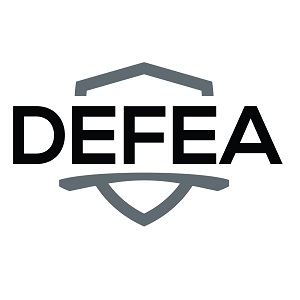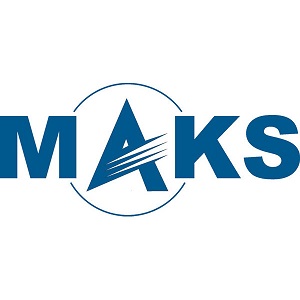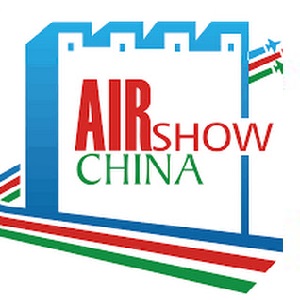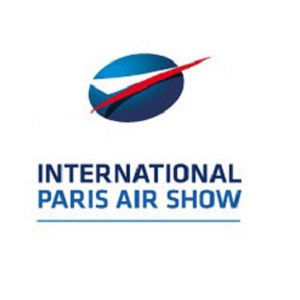NATO Secretary General Jens Stoltenberg and the President of Boeing International, Sir Michael Arthur, met at Melsbroek Airport in Brussels on Wednesday (27 November 2019) to mark a major investment in the Alliance’s fleet of AWACS ( Airborne Warning And Control System) surveillance aircraft. NATO’s 1 billion dollar contract with Boeing will modernise the AWACS fleet, ensuring they continue to support the Alliance’s missions to 2035.
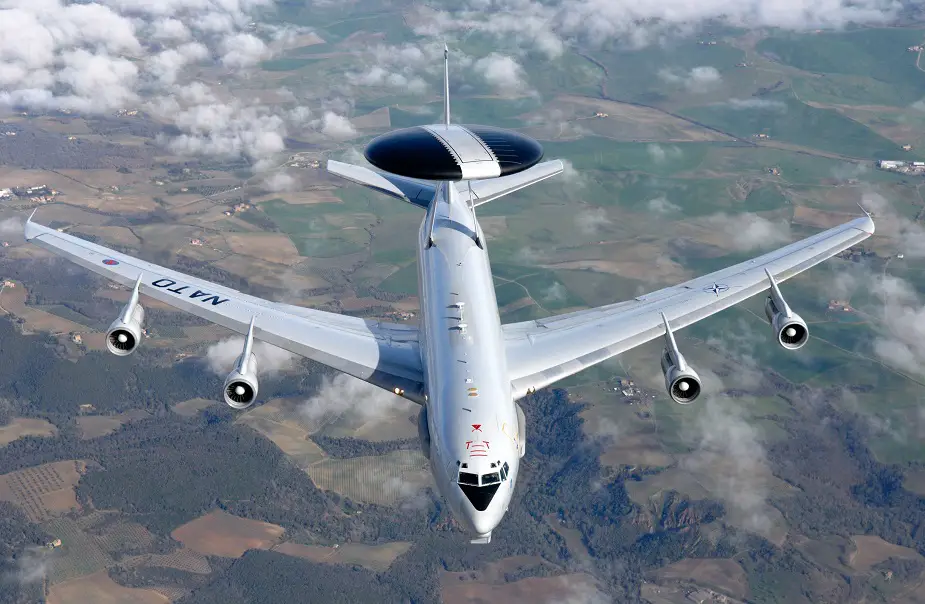 The E-3A Component is one of the two operational units of the NATO Airborne Early Warning & Control Force (NAEW&C Force). It holds a unique place in military history because it was the first multinational flying unit established by the Alliance. Its mission is to perform all surveillance and battle management tasks ordered by the NAEW&C Force Commander on behalf of the SACEUR (Picture source: NATO)
The E-3A Component is one of the two operational units of the NATO Airborne Early Warning & Control Force (NAEW&C Force). It holds a unique place in military history because it was the first multinational flying unit established by the Alliance. Its mission is to perform all surveillance and battle management tasks ordered by the NAEW&C Force Commander on behalf of the SACEUR (Picture source: NATO)
“NATO AWACS have been our eyes in the sky, supporting our operations for decades, from patrolling American skies after 9/11, to our operations in Afghanistan, and as part of the Global Coalition against ISIS,” said the Secretary General. He welcomed the contract with Boeing, which will provide NATO’s 14 AWACS aircraft with sophisticated new communications and networking capabilities. 16 NATO Allies, on both sides of the Atlantic, are funding this modernisation, and companies from Europe and North America are working together to provide high-tech capabilities. “NATO AWACS is a symbol of trans-Atlantic excellence, in terms of technology and partnership between Boeing, NATO and Europe. This modernisation programme will ensure the aircraft continue to thrive,” noted Sir Michael Arthur.
The Secretary General underlined that NATO continues to adapt, and is already planning for the replacement of the AWACS in 2035. “NATO will work closely with industry. We will consider how technologies – like artificial intelligence, autonomous systems and big data – can help NATO keep its edge,” he said. The Secretary General added that NATO is an important platform, where Allies can join forces and invest in new capabilities for shared security. “We will continue to modernise and adapt our Alliance, both now and in the future,” he said.
